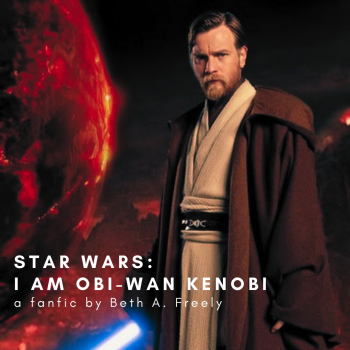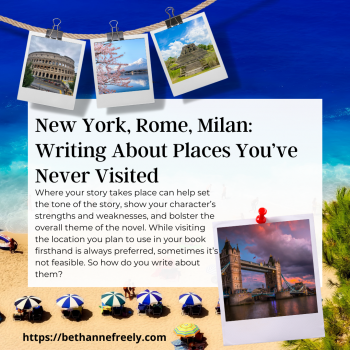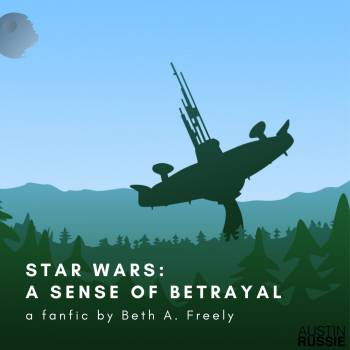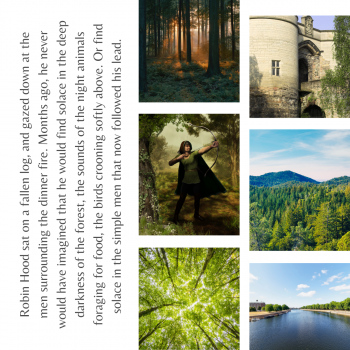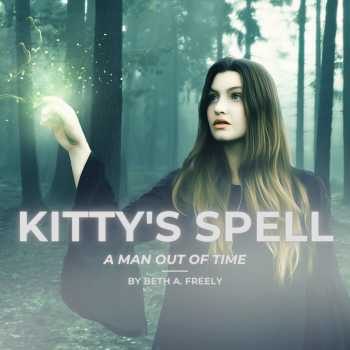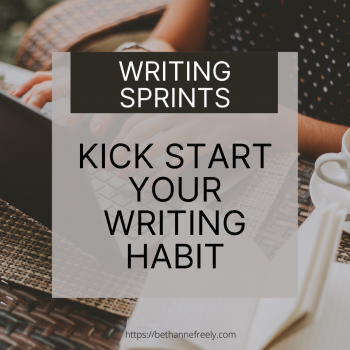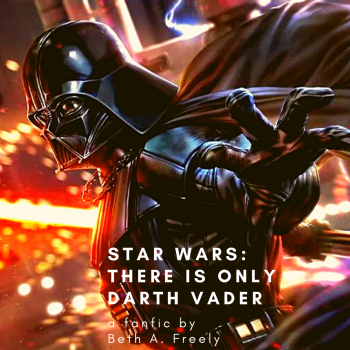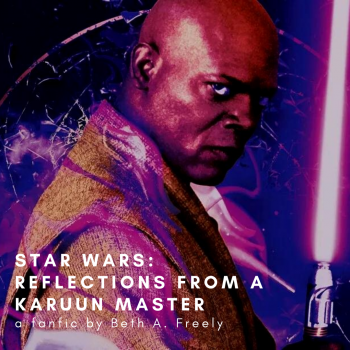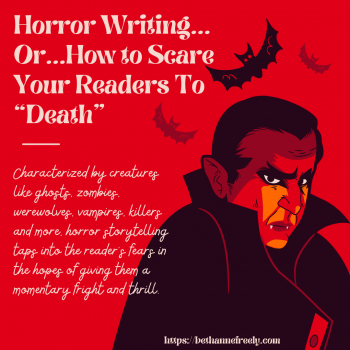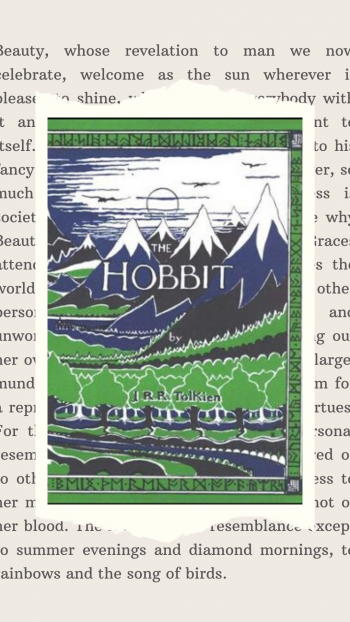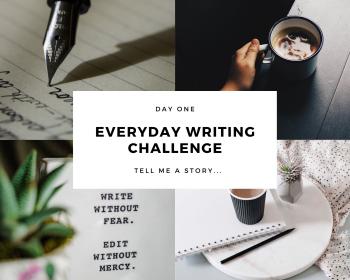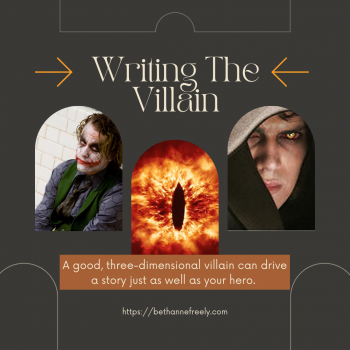Users Who Spiked

HOW TO WRITE A NOVEL: ONE AUTHOR'S PERSPECTIVE
Private Notes
Private Notes
Notes
As a published author I have had many people ask me, "How do you write a novel?" They are fascinated with the concept behind putting creative words to paper and spinning a yarn that will be remembered for years to come. While you can read up on how to write a novel in a variety of literary magazines and trade journals, the truth is, writing a novel is not quite as complicated as the professionals make it sound.
Yes, there are 'prescribed formulas' as they call it to writing a novel, such as there only being a single hero or heroine and one antagonist. But who says your novel can't have more? It is an argument I've had with my editor over and over again, and it is the reason why my second novel, co-authored with my best friend, took almost nine years to publish. Writing a novel must come from the heart and the mind, and as an author, you have to be strong enough to stick up for your work once you finish it.
There are plenty of rules to writing a novel, some of which are controversial. The one currently floating around writing communities that have caused some heated discussions is limiting the use of adverbs. Where this rule came from, I do not know, but limiting the use of any part of a sentence…any grammatical construct…ties the hands of the author. The same goes for the 'show, don't tell' rule. After all, it's your story. If you want to tell your reader about the room, do it. I love what author Neil Gaiman has to say about this rule: "It's whatever works for the story. Show what you need to show, tell what you need to tell. It's your story."
It's your story.
Honestly, there is no right or wrong way to write a novel. Every author is different. But you have to start somewhere.
Start at the beginning.
When I'm asked how I start my novels, I simply tell people that I start with an idea. I have always had a very creative mind and active imagination, so I always have ideas. But in the case of people who may not be as blessed as I am, getting an idea may be a challenge. Yes, they could sit for hours and brainstorm until their head hurts, which I highly advise against as there is a better method. For the person who has the drive to write a novel but does not have an idea, I suggest that they go to their local library to find a book that will give them story prompts. Better yet, troll the internet. There are a lot of places that offer story starters that you can work with.
Not a fan of the library or looking for something a bit more robust? You can find books of story prompts online. One of my favorite series is by author Robin Woods. Her 'Prompt Me' Creative Writing series covers everything from romance to horror to poetry and she even includes photo prompts.
Story prompts may be something as simple as picking a place you love and setting a scene in that place or listening to a piece of music and writing about how it makes you feel. They are designed to get the creative juices flowing and if you find the right prompt you will easily be on your way to writing a story if not a whole novel.
What if you have an idea for a novel but the idea takes place towards the middle or end of the book? Believe it or not, you can start with that idea and work your story forward and backward. There is nothing that says you have to start your story at the beginning. As a matter of fact, starting a story or any type of writing at the end or the middle is a technique used to battle writer's block in fiction and non-fiction writing. Professionals and authors alike sometimes find that working from the end helps make it easier to describe what led up to that point. Do not be afraid to defy conventional wisdom. If you need to start your novel from the beginning, middle or end, do so.
Here's a great example or breaking the linear timeline format of writing. When I got the idea for my novel The Loch, I had just finished listening to a poetry audiobook read by actor Richard Armitage. His rendition of "The Passionate Shepherd to His Love" by Christopher Marlowe sparked the culminating scene of my romance novel, which comes in the last chapter of the book. Add to that Maroon 5's song "Unkiss Me" and I knew exactly how the novel was going to end. It made it easier for me to write everything that came before.
Turn the idea into an outline.
Your story idea will ultimately become the plot of your novel. Once you have the idea for the novel, you need to flesh out the whole plot from start to finish. Lay your plot out in an outline of some type – single sentences, ideas on sticky notes, index cards – so that you can rearrange it. By separating the major points you want to make in your novel into workable pieces, you are then forced to organize it all into logical progress. You can prioritize the main plot points and then add in the subplots where needed. I like to use sticky notes in two different colors. The first color is the main plot points. The second color is what happens between the plot points. With sticky notes and a whiteboard, you can organize your novel the way you want it.
I do have one caveat to the 'flesh out the whole plot from start to finish.' Some of us are not plotters. We are called 'pantsers,' which means we write by the seat of our pants, never knowing where the story is going to go. In talking with other authors, I've come to the conclusion that there are a lot of us that fall somewhere in between plotting and pantsing. I know I do. You won't know where you fall on this spectrum until you start writing, so for now, to get started, try, and make that outline.
Who are your characters?
So, you have your idea. You have your plot. By now you know who your characters are going to be, even if you have not named the characters. Before you begin to write, you need to flesh out your characters and develop them. Use a third sticky note color to work out your characters and their traits. Give them a background, a profession, a past, as you see fit, and then place some things that pertain to the character around your board or in your outline to give your plot depth.
I like to use a character bio sheet. I've collected several of them over the years and put them all together into my own format. If you want to try using a bio sheet to flesh out your characters, you can download it here (https://img1.wsimg.com/blobby/go/b6583b35-789b-44ca-b6c7-cfe2b83f386b/downloads/Character%20Biography%20Template.docx?ver=1625696186230). Let me know what you think about it and how it worked for you.
Time to put the words on the paper.
Guess what time it is?
If you feel you have fleshed out the plot and characters well enough, it is time to actually start writing the novel itself. Take the sticky notes or outline or index cards, whatever you used to flesh out your story, for the first chapter and place them in front of you in order.
Start writing.
Yes, I said to start writing.
This is the part most people have a hard time with and the usual question I get is "What do I write?"
At this point, you need to use your imagination and the outline you created.
Start by simply writing out the basic story with more information than your outline contains. Basically, blow out your outline just like you used to do when writing essays for school. Add details into the sections for each chapter. At first, your novel is going to be a bit dull and sparse, but that is okay. Getting the base story out first helps you get the juices flowing. That's why it's called a first draft.
Once you've done that, go back and start to add your detail, making your story fuller and longer. The third time you work on adding to the story look for places where the story doesn't flow and smooth it out. The fourth time around you will look for holes in the story that needs to be fixed and fill them in.
Edit your story as many times as necessary until you are happy with the overall product. This means you could edit your novel twenty times before it's the way you want it. And then edit it one more time for typographical errors, grammatical errors, and punctuation.
By now you're sick of reading your own novel, so it's okay to get a friend, a beta reader, or a professional editor to proof it. There will be mistakes. We're all human so don't get worked up over it. Take the comments they give you and incorporate them into the story or not. Again, it's your story.
Once it comes back with no mistakes, your novel is finished – at least for now. When you decide to publish it…well…you may find yourself editing it all over again.
Until next time, keep reading and writing.



















